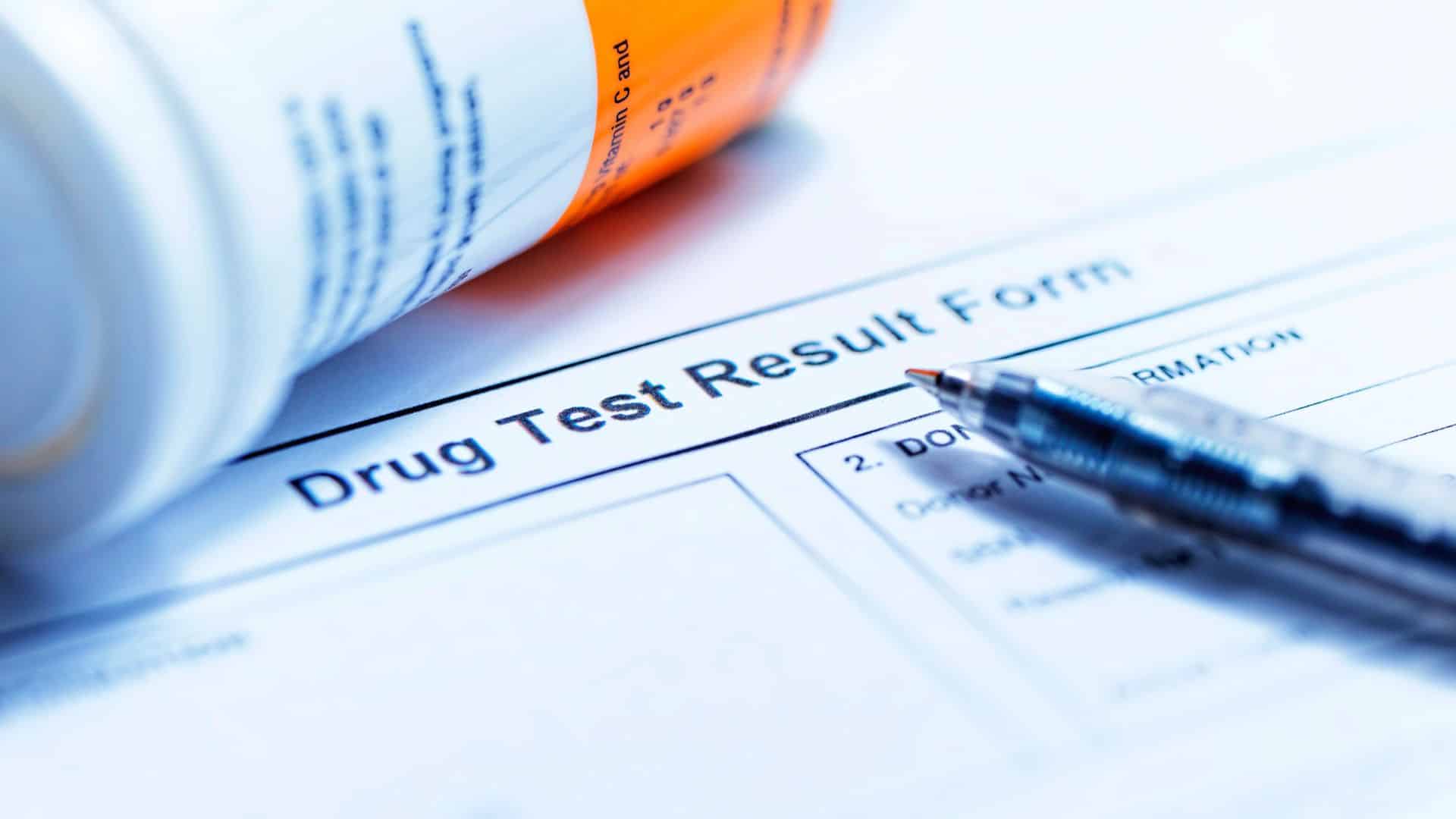Waiting on drug test results can be stressful. The short answer is that it depends—some tests give results in minutes, others take days. According to the 2024 National Survey on Drug Use and Health, approximately 6.5 million people aged 12 or older had a substance use disorder, with many undergoing drug testing.
Research from NIDA shows that initial urine drug screens frequently produce false positives, which is why confirmation testing is critical—between 95 and 96 percent of samples found positive by initial screening require confirmation through more specific testing methods. Timing is affected by the type of test used, where the sample is processed, and whether confirmation is needed. Understanding these details helps you know what to expect.





